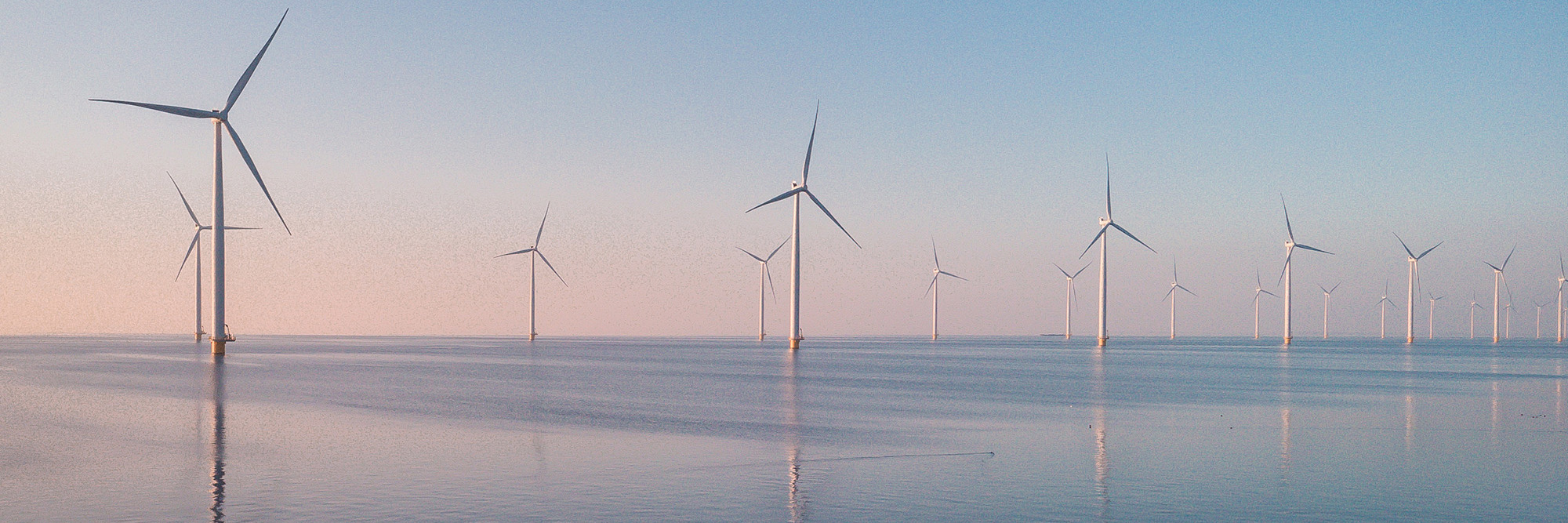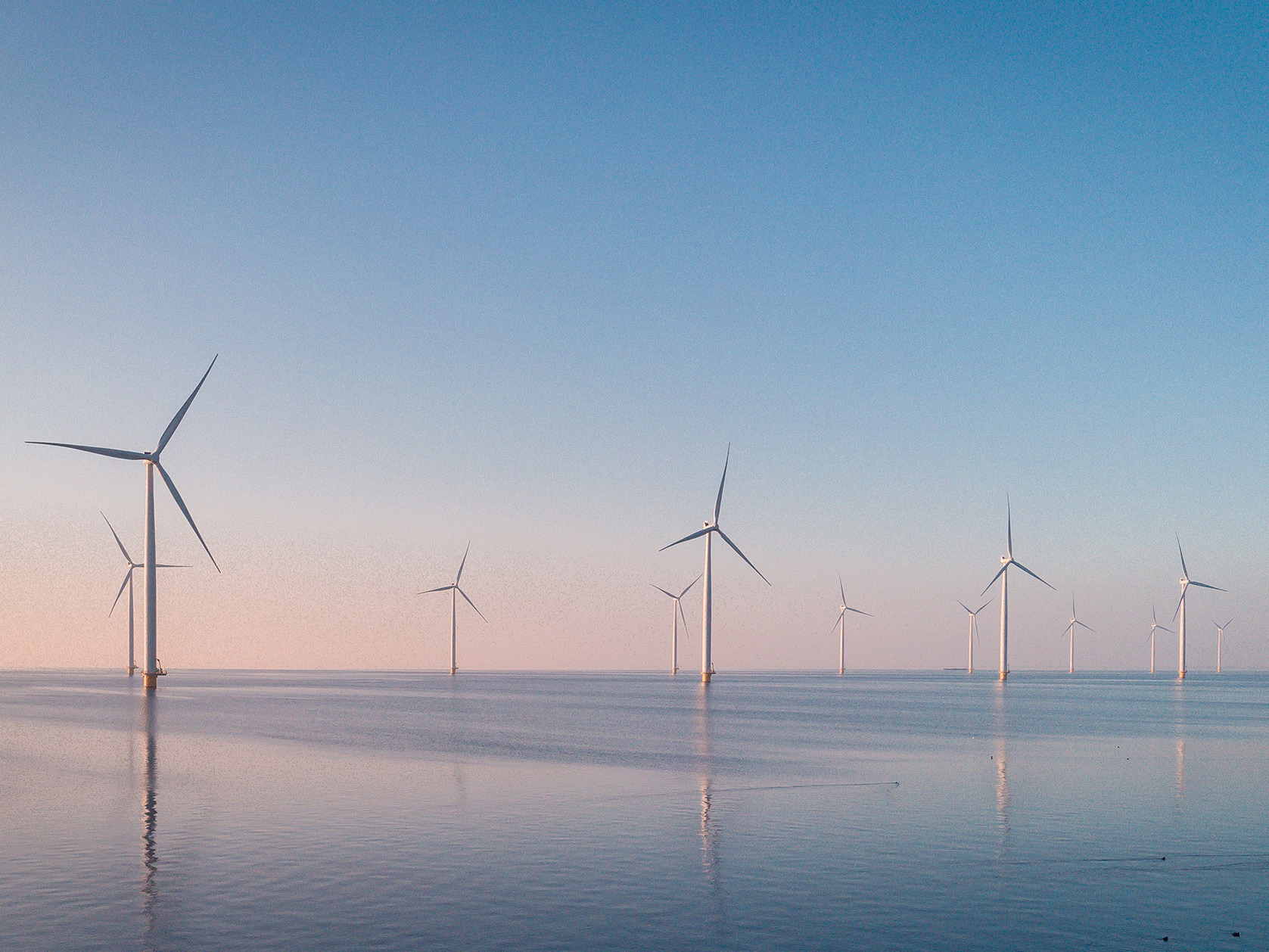Last week the Ministry of Business, Innovation and Employment (MBIE) released its briefing for the incoming Minister for Energy. The publication of the briefings provided to incoming Ministers by officials provides a useful glimpse behind the scenes in Government. In particular, the briefing for the Minister for Energy, the Hon Simeon Brown, raises a number of strategic choices the Government must make to shape the energy sector for both the short-term and beyond the current governmental cycle.
This note summarises those strategic choices outlined to the Minister.
1. The immediate challenge is maintaining security of supply
New Zealand will likely reach 96-98% renewable energy in the next decade. However, as the country further electrifies (increasing demand for electricity) and relies more on intermittent energy sources like wind and solar, challenges will arise in maintaining a secure supply of electricity. Natural gas will help to address this issue in the short to medium term, however there are concerns about the long-term viability of the industry (given wavering investor confidence in new fossil fuel developments).
Strategies being considered to address this issue include:
- incentivising generators to retain thermal peaking plants;
- storing surplus energy;
- shifting demand to off-peak periods; and
- developing new technologies.
These strategies all come with different trade-offs and regulatory challenges to implement, which need to be carefully considered, but in our view, are not mutually exclusive.
2. New Zealand’s renewable resources provide a strong platform to meet increasing electricity demand
New Zealand's existing renewable assets provide a robust platform for meeting increasing electricity demand. However, forecasts predict a significant growth in demand for electricity, requiring a rapid increase in generation, transmission, and distribution infrastructure. It is well established that the main challenges faced by developers are consenting delays and regulatory uncertainty. Recent consultation highlighted other suggested measures to facilitate investment in new generation, including:
- de-risking measures such as power purchase agreements (PPAs) and contracts for differences;
- incentives to bring on more large-scale demand reduction;
- ensuring competitive markets; and
- consideration of hydro systems playing a stronger role in supply.
The PPA market in New Zealand is still developing but we have already seen a number of key market players utilising PPAs to facilitate new generation developments.
3. Increasing energy costs will impact businesses and the cost of living
Energy costs in New Zealand are expected to rise in the next decade, impacting businesses and the cost of living. In the short-term there will be an increase in the cost of investment in infrastructure and increased costs in fossil-fuel and gas use. Energy affordability is a growing issue that the Government will need to address, particularly for those on lower incomes who may struggle to adopt new technologies such as EVs and home solar generation. In the long term, as the share of renewable generation grows, electricity prices are expected to ease and reliance on imported oil will decrease.
4. The energy transition presents new economic opportunities
New Zealand's trade-oriented economy is under pressure to transition to a lower emissions model with our export viability increasingly depending on the 'greenness' of our products and supply chains. The transition to renewable energies may also create new economic opportunities in novel industries – for example, attracting international investment into ‘green’ data centres.
Government will need to focus on aligning policy and economic incentives to encourage the private sector to continue to decarbonise and leverage this existing trade advantage. In particular, several key economic industries (such as aviation, shipping, aluminium, primary steel) face very high costs to substantially reduce emissions. Government will need to work closely with these sectors to resolve these challenges.
5. Ultimately, participants in the energy sector want clear direction
Most significantly, the industry needs certainty. MBIE emphasises the need for a long-term (30 plus years) view to inform critical decisions that will influence the energy sector for decades to come. This is not unlike the Building and Construction sector, which has also sought similar long-term thinking and direction.








